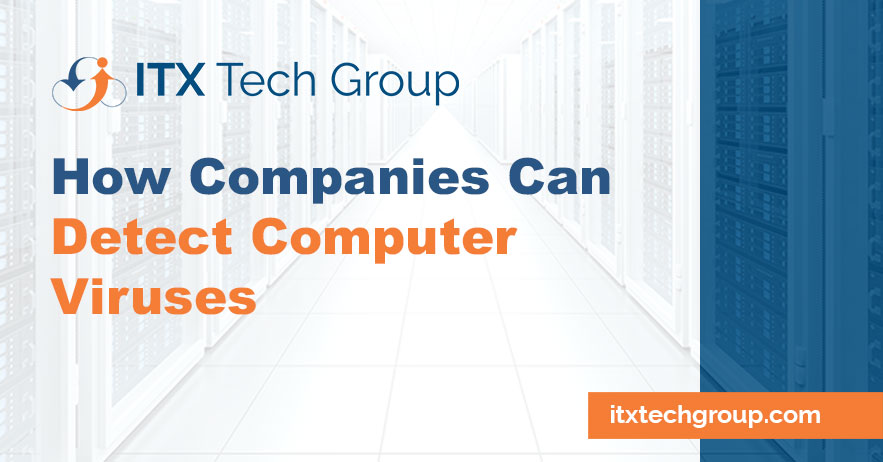With the increasing reliance on technology, businesses are more vulnerable than ever to cyber threats. Viruses and malware can wreak havoc on company computers, compromising sensitive data, disrupting operations, and damaging reputations.
Detecting computer viruses early is crucial for swift remediation and protection against potential cyberattacks.
In this blog article, we will explore the telltale signs that companies should look out for to identify if their computers have been infected by a virus.
Unusual Performance Issues
One of the most common signs of a computer virus is a noticeable decrease in performance. Infected computers may experience slower processing speeds, longer startup times, and frequent crashes or freezes.
If employees report sudden and unexplained changes in their computer’s performance, it may indicate the presence of malware or a virus.
Increased Network Activity
A sudden surge in network activity, even when there are no apparent reasons for it, can be a red flag.
Viruses often utilize a computer’s internet connection to communicate with command-and-control servers or spread to other devices on the network. Monitoring network traffic for unusual spikes can help identify potential infections.
Suspicious Pop-ups and Redirects
Unexpected pop-up ads, browser redirects to unfamiliar websites, or the appearance of new browser toolbars are indicators of malware infections.
These intrusive activities may expose your company’s systems to further vulnerabilities and should be investigated immediately.
Unexplained Changes in Files and Folders
If employees notice files or folders suddenly missing, renamed, or moved to unusual locations, it could be a sign of a virus. Malware may attempt to hide its presence by altering file structures or attributes, so being vigilant about any unexplained changes is essential.
Antivirus or Security Alerts
Modern antivirus software is equipped to detect and notify users about potential threats. If employees receive alerts from their antivirus software about malware or viruses, it should not be ignored. Prompt action is necessary to contain the infection and prevent further damage.
High CPU or Disk Usage
Monitoring the computer’s Task Manager or Activity Monitor can provide insights into resource usage. If a computer is constantly running at high CPU or disk usage levels, it may indicate the presence of a virus that is consuming system resources.
Disabled Security Software
Viruses often target security software to evade detection and removal. If employees notice that their antivirus or firewall has been disabled or cannot update its definitions, it could be a sign of an ongoing infection.
Unauthorized Access and Account Issues
If employees report suspicious account activities, such as unauthorized logins or password changes, their computer may be compromised. These issues should be addressed immediately to prevent unauthorized access to sensitive company data.
Conclusion
Detecting computer viruses early is critical to protecting a company’s sensitive information and maintaining a secure computing environment.
By being vigilant about unusual performance issues, increased network activity, suspicious pop-ups, and unexplained changes in files and folders, companies can identify potential infections.
Additionally, staying up-to-date with security software, monitoring resource usage, and promptly addressing unauthorized access or account issues are essential steps in the battle against cyber threats.
Regular employee training on cybersecurity best practices can also significantly contribute to virus prevention and detection efforts.
By proactively monitoring and responding to signs of infection, businesses can strengthen their cybersecurity defenses and minimize the risks posed by computer viruses and malware.
ITX Tech Group has been serving small, medium, and large scale businesses with their IT support needs all over the United States since 2011, so we’re confident we can provide you with affordable, professional IT solutions for years to come!
Connect with us for a free consultation to discuss your business technology needs.

